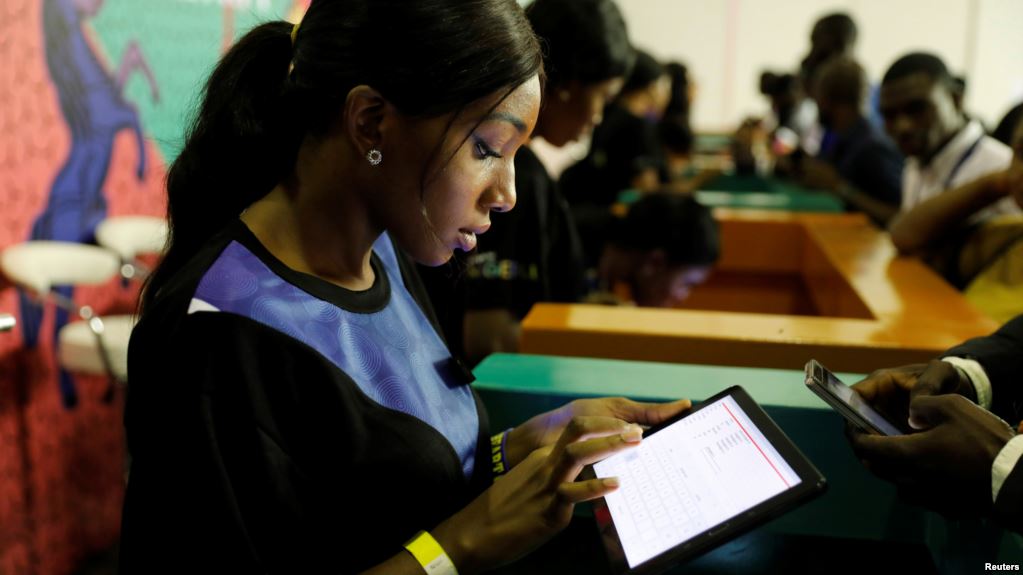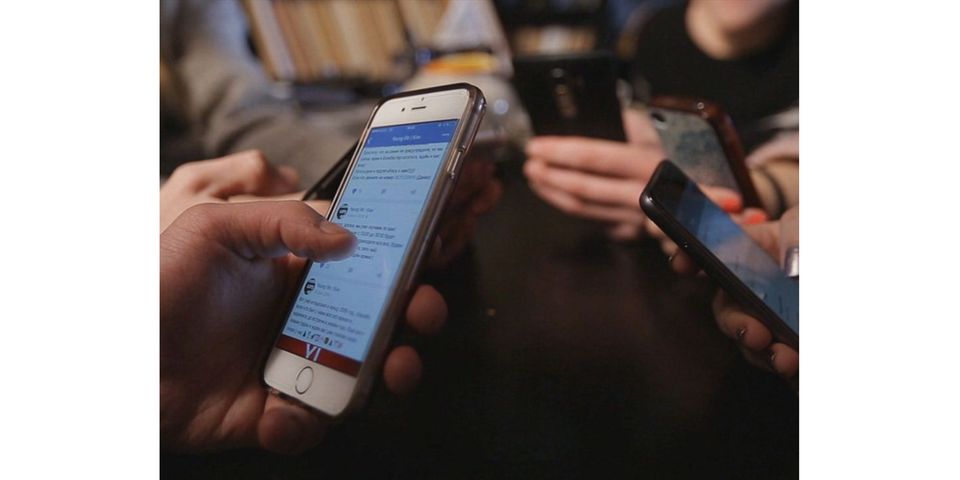

Summary
Inclination to violence and brutality, identity crises, perversion, and distaste of education and religion, are all being infused into societies by the use of information
Globally, information has grown to become a valuable commodity for trade as well as a means of patterning societies’ and people’s lives and affairs.
As such information oftentimes is potential money, as there are numerous means of achieving that regardless of the nature, content, or function of the information in question.
While misinformation is in most cases considered a human error or technical inaccuracy such as getting facts wrong, disinformation is on the other hand a purposeful adventure to organise, produce, and spread information that is already known to be false and erroneous.
The purpose of disinformation is nothing other than to cause harm and damage.
The questions here will be: Are we conscious and alert about the possibilities of being disinformed? Are we aware of the magnitude of our vulnerability as persons as well as groups in the event of disinformation about different matters? These pertinent questions provoke the initiative to be on guard in seeking and using information.
With the world going digital there are innumerable occasions by which one is exposed to information. While disinformation can be very secretive and technical, it can as well be very political, diplomatic, and public.
Information is not necessarily true just because it originates from a certain person, group, media, authority, public figure, expert, etc. Schemes to disinform people have already overtaken us and found their way into different crucial systems by which people get themselves informed.
At some point, for example, the internet was a reliable source of information, but not anymore. Today, anyone can write or record anything and put it on the internet for everyone’s consumption. As such, something is not true just because one can find it on Google. Internet algorithms, which are also subject to human influence, can be made to make certain information either available or not.
Disagreements among nations and governments on several divisive social, economic and political issues have made it clear that we are not necessarily going to be rightly informed as information is controlled.
Disinformation has stirred wars, crimes, conflicts, violence, division, hatred, confusion and many other irreversible damages, both in the past and in our time.
In consuming information, the magnitude of vulnerability is higher in younger people as compared to adults. This is to say, children may act and/or be affected differently from adults upon being exposed to similar information. This is why it is necessary for adults, parents and guardians who wish young people under their care well, to be conscious and enforce boundaries of exposure.
Aware of the possibilities of harm, the Unicef Office of Global Insight and Policy published a statement, in part saying: “Because of their evolving capacities, children cannot distinguish between reliable and unreliable information. As a result, not only can they be harmed by mis/disinformation, but may also spread it among their peers.”
Some liberal societies give children the chance and privilege to make choices for themselves after being exposed to sensitive information. Children’s capacity to judge should not be equated to that of adults, or they will make mistakes and regret them in the future. Unfortunately, some young people are already living a false life because of the corruption caused by disinformation.
Of recent, there have been a lot of complaints about systemic disinformation and strategic deception. These are done through the mainstream systems by manipulating policies and purposes.
Globally, there are attempts to covertly infiltrate school systems and make young people learn certain things which they do not necessarily need. This has succeeded in some countries. The popular justification has always been that children have the ‘right’ to be informed.
Parents and guardians need to be nosy and curious, just to get to know what young people learn in schools, to know what they read, what they watch, what captures their curiosity, and what things they develop an inclination to. While books were known to be safe, and a young person asking for a book was given right away, it is no longer the same.
There are books which do our young people harm. This is why we hear now, more often than ever, of locally or internationally banned books.
Inclination to violence and brutality, identity crises, perversion, and distaste of education and religion, are all being infused into societies by the use of information. Modern imaging, gaming, internet, photography, social media, advertising, and literature, to mention a few are all potential vehicles of disinformation, hence prone to abuse.
I trust that our society needs young people who look at the world like their predecessors. While change is inevitable, imposed, or engineered extreme change is dangerous and is a threat to the societal structure. We ought to join hands to resist disinformation to be kept safe from its consequences. Doing that also means that we do not become collaborators by creating, or disseminating false information to cause harm.
___
Source here
